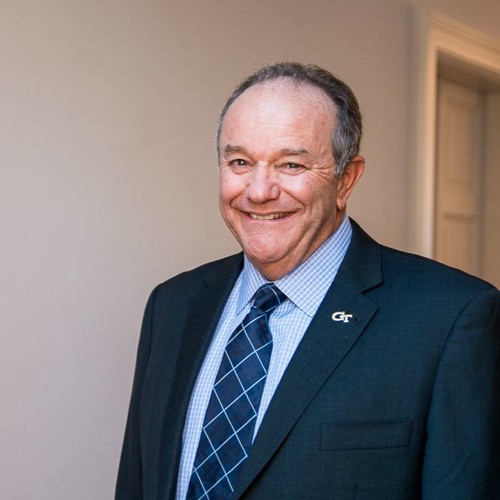
Event Recap: War in Ukraine – A Conversation with Former NATO Supreme Allied Commander General Philip Breedlove, USAF (Ret)
On Wednesday, June 1, the American Security Project held a conversation between Former NATO Supreme Allied Commander General Philip Breedlove, USAF (Ret.) and ASP CEO Patrick Costello. The conversation focused on the current war in Ukraine and often circled back to Gen. Breedlove’s belief that the U.S. is not doing enough to deter Putin‘s actions.
Gen. Breedlove opened with a short introduction on his overarching thoughts on the invasion of Ukraine. Currently, he believes that the war has entered a new phase, where Russia is focused on making incremental gains in Eastern Ukraine while securing the territory it now controls in the Donbas region. This phase is in stark contrast to Russia’s initial widespread attack and the attempted capture of Kyiv. However, Gen. Breedlove also believes that Ukraine is only one step in Putin’s plan to rearrange the security structure in Eastern Europe. Putin’s goal for this rearrangement is comprised of three objectives: remove Western weapons, NATO, and the U.S. from Eastern Europe.
Gen. Breedlove then focused on what he calls the U.S. and the West’s “inadequate to task” responses to not only Russia’s recent invasion of Ukraine but also its invasions of Ukraine and Georgia in 2014 and 2008 respectively. Specifically, he explained that the lack of Western response to these invasions set a precedent in Putin’s mind that he could continue to get away with illegal and major territorial acquisitions without major consequences. Although the West implemented harsh economic sanctions both then and now, Gen. Breedlove made it clear that sanctions have proven to never be enough to deter Putin’s military aims.
The conversation then shifted to focus on specific issues surrounding the war in Ukraine. Overall, Gen. Breedlove advocated for more Western support for Ukraine. He explained that often the U.S. uses only economic tools to deter and influence Russia, but that Russia has been willing to use a more full-spectrum approach, including diplomatic, informational, and even military tools to achieve its goals. Exploring the issue of food insecurity and Russian grain thefts, Gen. Breedlove argued that the U.S. Navy and other navies of the world should be willing to enforce freedom of trade at sea to prevent Russia from exporting illegally stolen grain from Ukraine. He also expressed support for Sweden and Finland’s recent bids to join NATO and the possible use of cyberwarfare against Russia in this war – all actions that fall outside of the U.S. economic toolbox and therefore have a greater chance of successfully confronting Putin.
Gen. Breedlove closed with an analysis of the current problems facing the Russian military and the future of the war. He identified the biggest challenge to both Russia (and Ukraine) as a lack of manpower, as Russia has faced unsustainable losses since February. Consequently, Russia has had to turn to sending less-capable and foreign soldiers to the front, further decreasing its overall military potential. Finally, Gen. Breedlove ended with a few comments on what he believes the U.S. should prepare for in the future of this conflict. Although some believe that the problems facing the Russian military will culminate in the late summer or early fall, ultimately bringing an end to this conflict, Gen. Breedlove believes that the U.S. should plan for continued support to Ukraine to definitively end this conflict and deter future military action from Putin.






